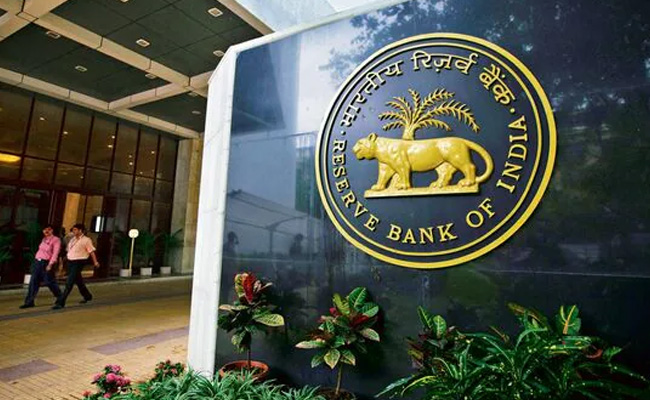
India News

India’s private corporate investment is estimated to surge by 54 per cent to Rs 2,45,212 crore in 2024-25 from Rs 1,59,221 crore in 2023-24 based on “the phasing profile of the pipeline projects’ finances,” according to an RBI study.
Phasing plans also indicate that aggregate capital expenditure (capex) intended by the private corporate sector in 2023-24 increased significantly by about 57 per cent over the preceding year, the study states.
The investment intentions of private corporates remained buoyant during 2023-24 as reflected in higher total number of projects as well as the total cost of projects sanctioned by banks/FIs, with green field (new) projects accounting for the lion’s share of about 89 per cent in the total cost of projects financed, the study adds.
The infrastructure sector continued to attract a major share of envisaged capital investment, led by ‘Roads & Bridges’ and ‘Power’ sectors, according to the study.
Investment activities by the private corporate sector play a significant role in driving the overall investment climate in the economy.
Using data on phasing plans of capex indicated by the private corporate sector, the study provides an assessment of the investment intentions as well as the near-term outlook of private corporates, it stated.
The RBI’s monthly ‘State of the economy’ bulletin also states that in India, aggregate demand conditions are gathering momentum with a revival in rural consumption on the back of growing incomes.
This stimulus to demand is expected to reinvigorate the hitherto subdued participation of the private sector in total investment, which will spur growth.
The RBI report states that aggregate demand conditions are gathering momentum after some slack in the first quarter of 2024-25.
Rural consumption spending on the back of growing incomes is beginning to drive volume growth in fast-moving consumer goods (FMCG), reflecting strengthening fundamentals.
Utility penetration – LPG; electricity; two-wheelers - is bringing with it additional spends alongside newly adopted categories, including toilet and floor cleaners, bottled soft drinks and insecticide.
Rural saving is also on the rise as evident in the rising number and outstanding amounts of savings bank accounts.
Advertisment